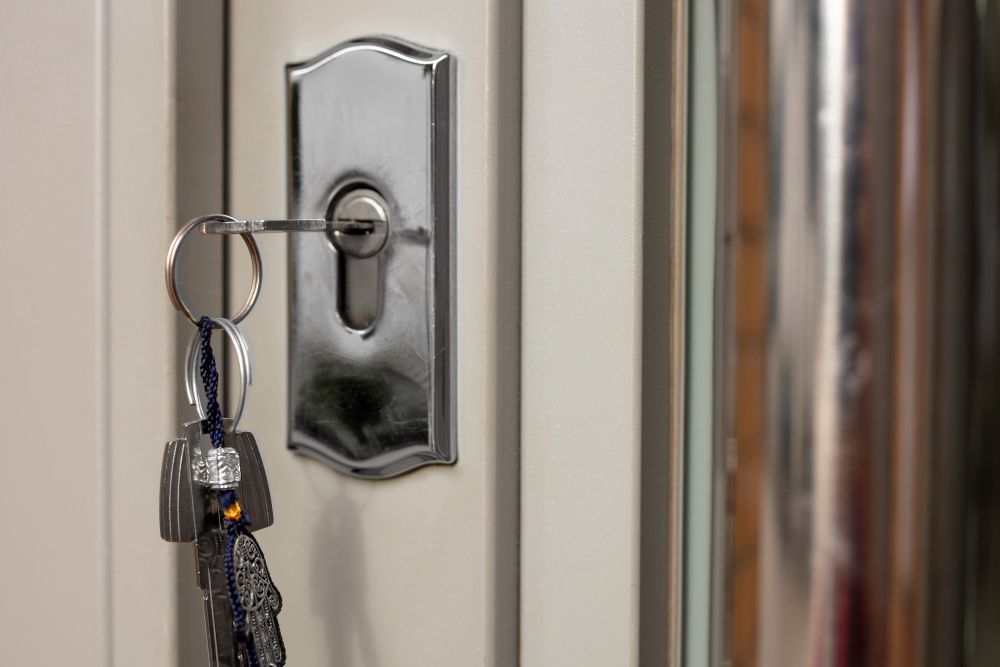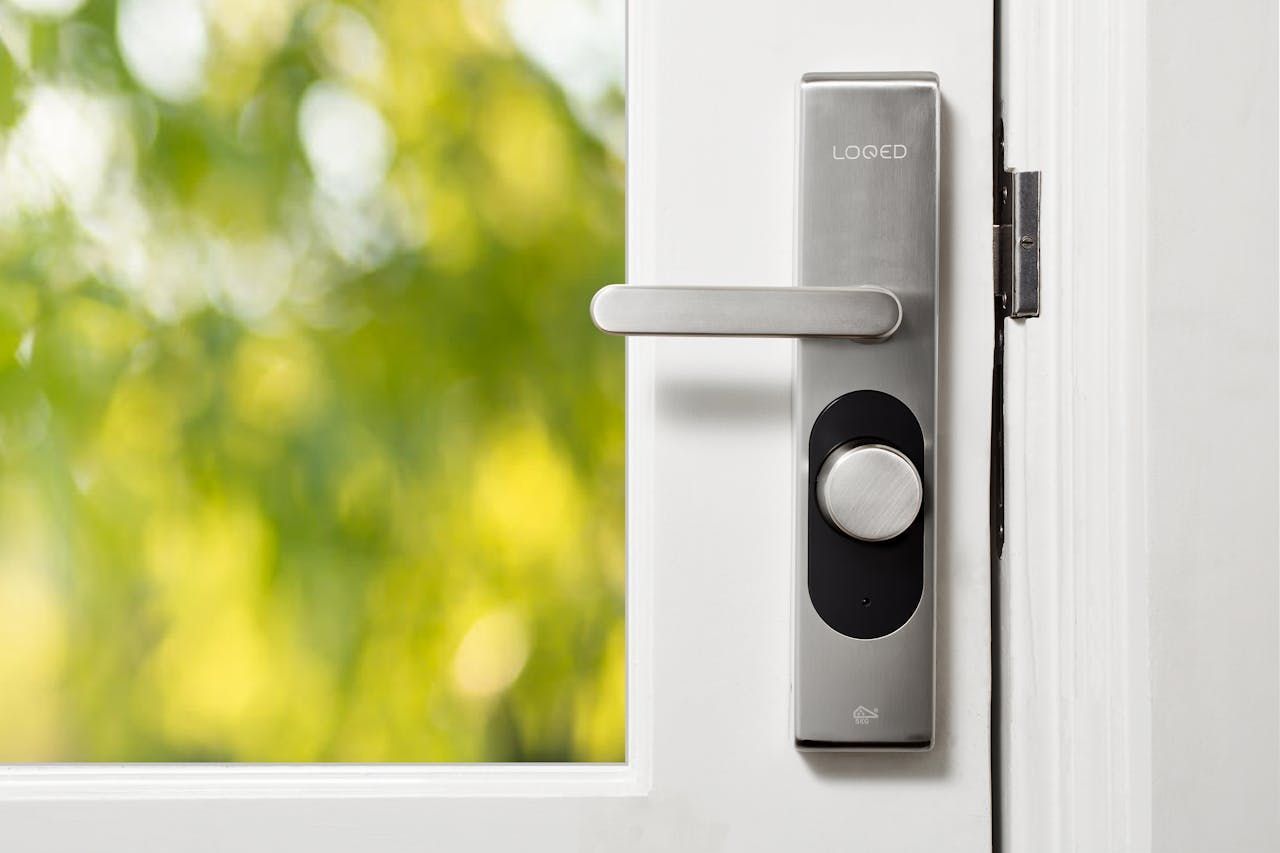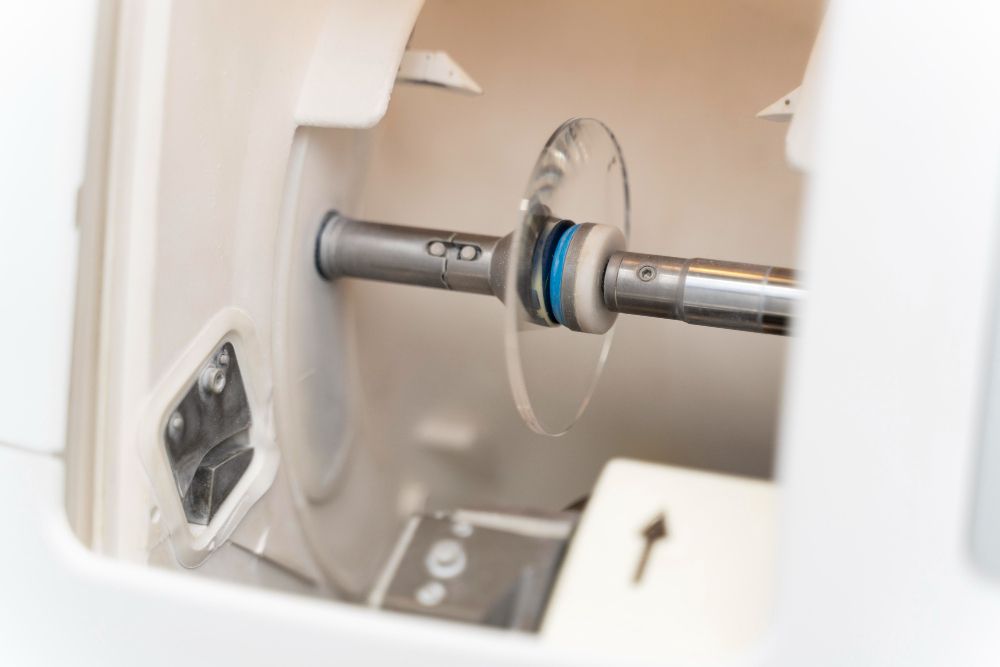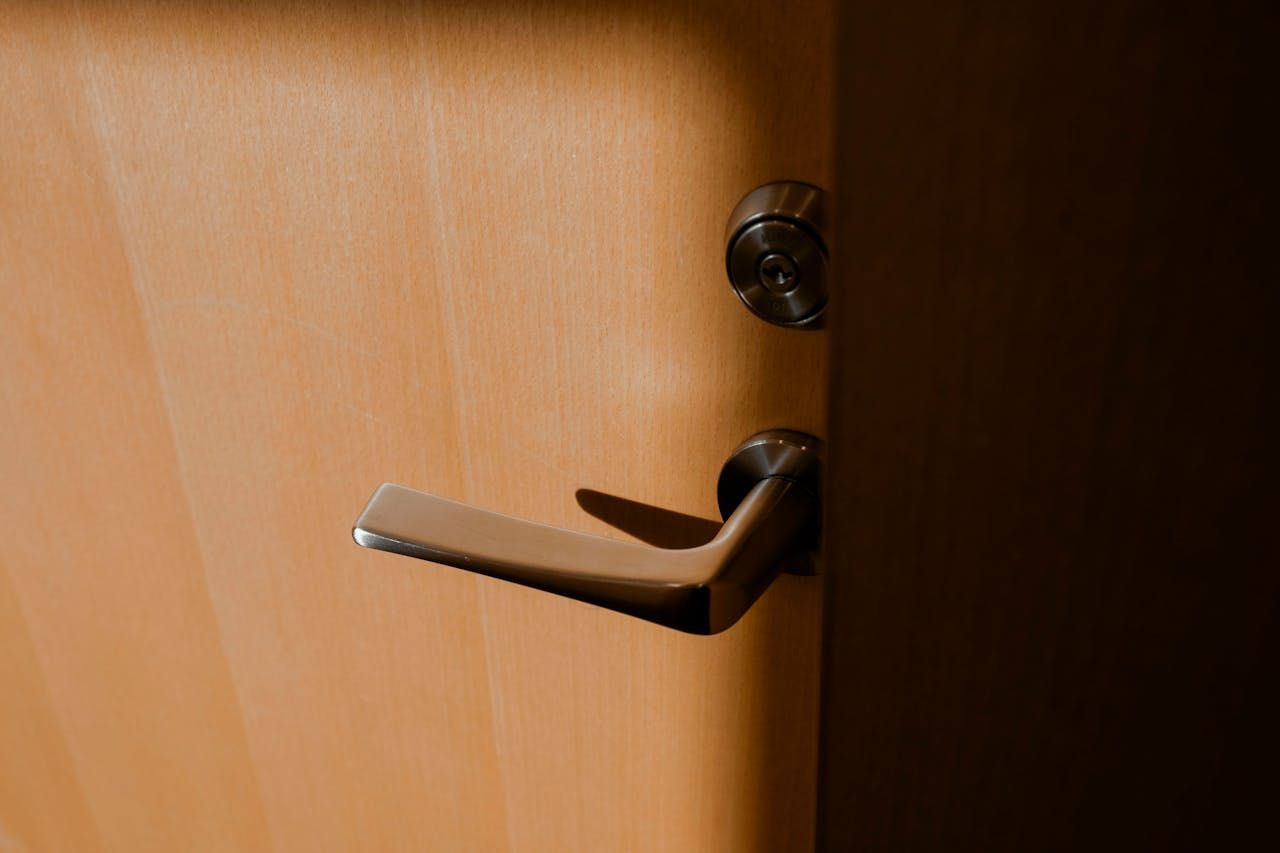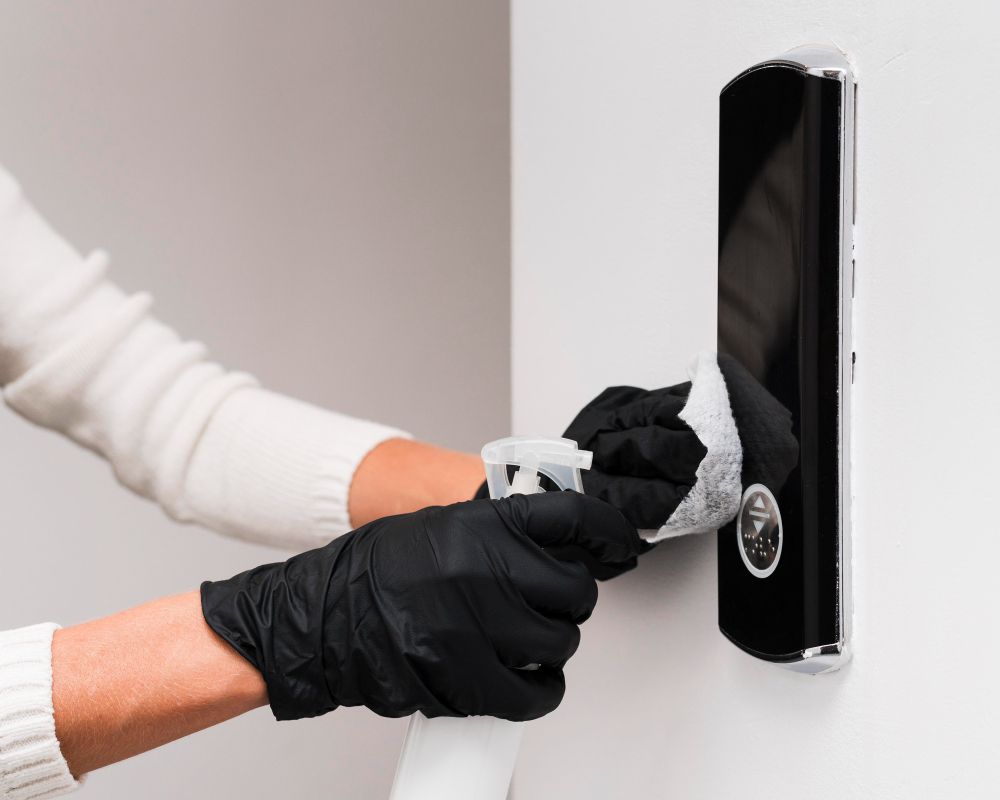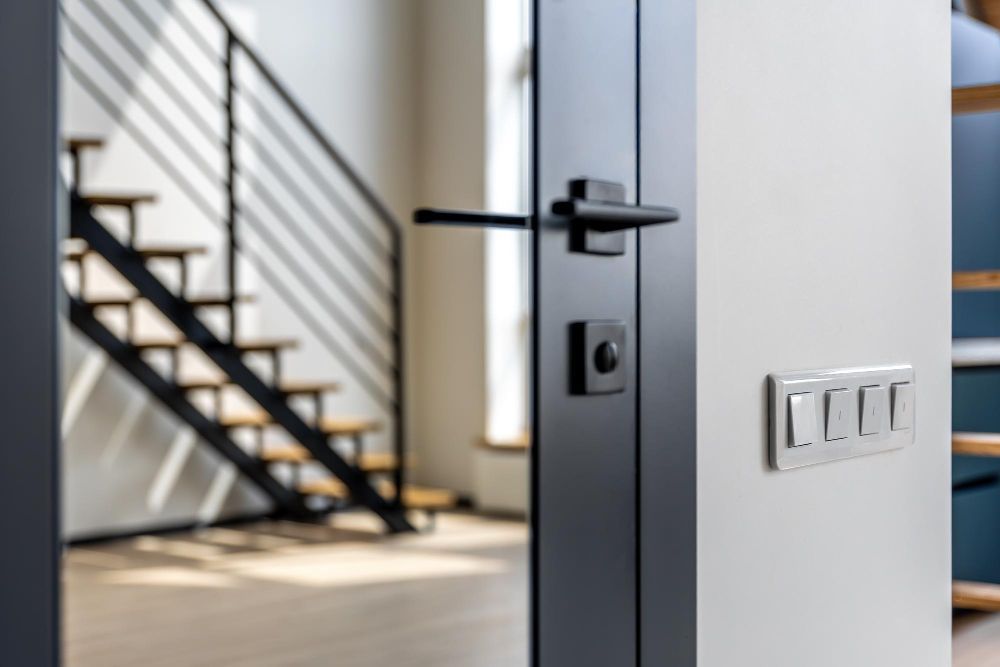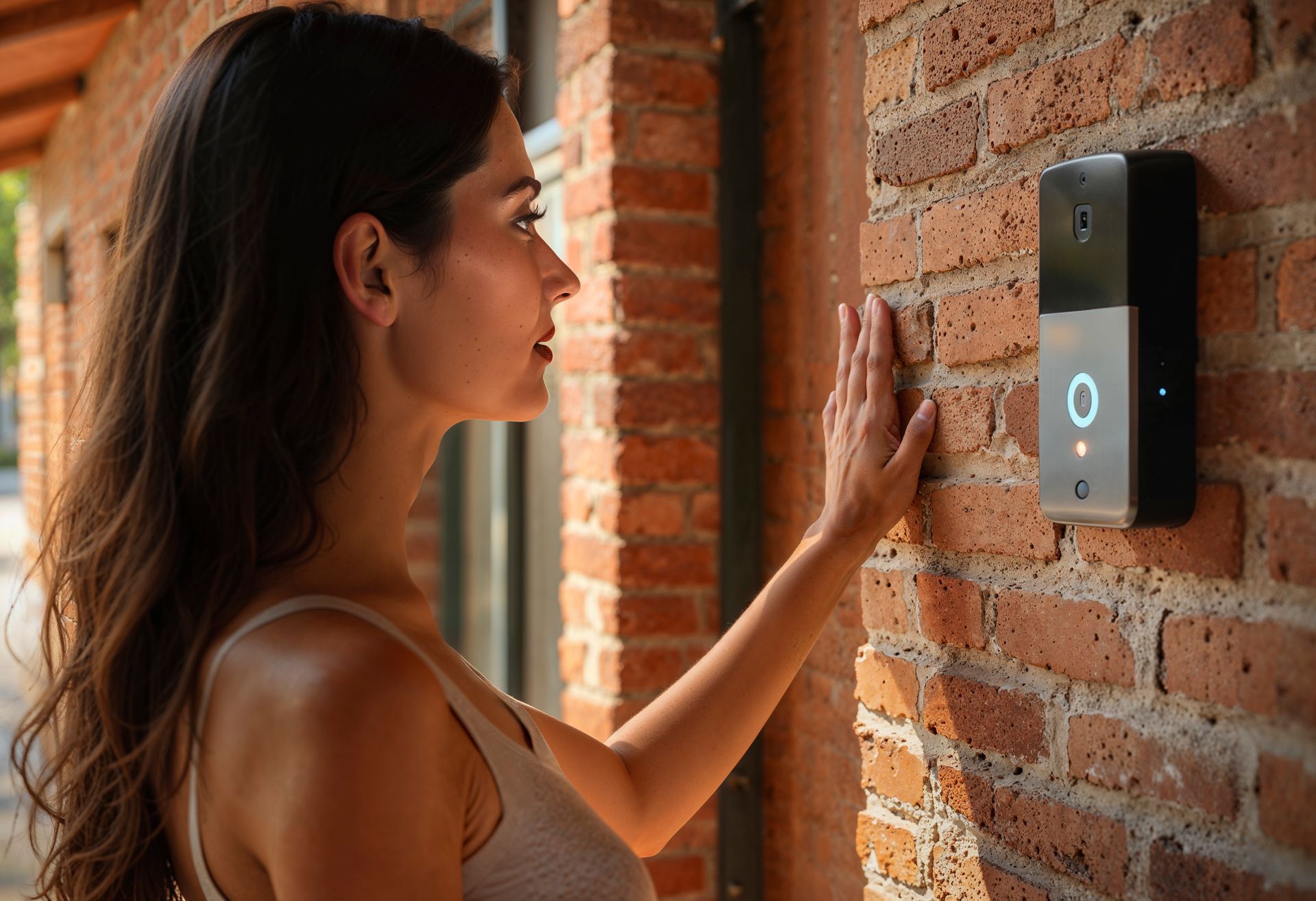Locksmith Scams to Watch Out For
May 14, 2024

Locksmith scams are on the rise, and they can cost you more than just money.
Imagine being locked out of your house and needing a locksmith ASAP.
You find one online, but instead of a quick fix, you end up with a hefty bill and damaged locks.
Knowing the red flags of locksmith scams can save you from such headaches.
In this blog, we'll guide you through the telltale signs of fraudulent locksmiths and how to protect yourself.
Whether you need an affordable locksmith for lock replacement, a 24-hour locksmith service, or a reliable locksmith near you, understanding these warning signs will help you make an informed decision.
Understanding Locksmith Scams
Locksmith scams involve deceitful tactics used by fake or untrustworthy locksmiths to overcharge customers and provide subpar services. These scams are prevalent because they exploit people in urgent situations, like being locked out of their homes or cars. Scammers often lure customers with promises of low prices, but once they arrive, they inflate the cost significantly.
Common tactics include quoting one price over the phone and charging much more on-site, using intimidation to force payment, or damaging locks to create additional work. Knowing these common scam tactics is the first step in protecting yourself.
Red Flags to Watch Out For
Suspiciously Low Prices
If a locksmith advertises unusually low prices, be cautious. These low rates are often a bait-and-switch tactic. You might be quoted a small fee over the phone, but once the locksmith arrives, the price can skyrocket due to hidden fees and unnecessary services. Remember, if it sounds too good to be true, it probably is.
When looking for a 24-hour locksmith service or an affordable locksmith for lock replacement, always get a detailed quote before any work begins. Reputable locksmiths provide transparent pricing.
Lack of Proper Identification
A legitimate locksmith will arrive in a marked vehicle and provide proper identification. If the locksmith shows up in an unmarked vehicle or refuses to show ID, that's a major red flag. Always ask for identification and check if it matches the company you contacted. Legitimate locksmiths take pride in their work and have nothing to hide.
No Physical Address or Company Name
Beware of locksmiths who cannot provide a physical address or a verifiable company name. Scammers often operate under generic names like "locksmith near me" to appear in local search results. A reputable locksmith will have a verifiable business address and a company name that you can check online.
When searching for a mobile locksmith or an emergency locksmith service, verify their address and read customer reviews. A trustworthy locksmith will have a physical location and positive feedback from clients.
Unmarked Vehicles
Professional locksmiths typically use marked vehicles. An unmarked vehicle can be a sign of a scam. It suggests the locksmith wants to remain anonymous, which is not how reputable businesses operate. Always check for branding on the vehicle and any uniforms or badges.
If you need a residential locksmith for rekeying locks or a commercial locksmith service, look for a locksmith who arrives in a professional, marked vehicle. This shows they are a legitimate business and take their work seriously.
High Pressure Tactics
Scammers often use high-pressure tactics to force you into making quick decisions. They might insist on drilling your lock (which is usually unnecessary), demand cash payments, or threaten to leave if you don't agree to their inflated prices. A legitimate locksmith will explain the situation calmly and offer reasonable solutions.
When you’re seeking a locksmith for home security upgrade or need a locksmith to install new locks, avoid those who rush you. Take your time to understand the services and costs involved.
How to Protect Yourself
To avoid falling victim to locksmith scams, follow these tips:
- Research and Verify: Always check the locksmith’s credentials, reviews, and physical address.
- Get a Written Estimate: Before any work begins, get a detailed written estimate.
- Ask for Identification: Ensure the locksmith has proper ID and arrives in a marked vehicle.
- Pay with a Credit Card: Avoid cash payments to keep a record of the transaction.
When you need a locksmith with fast response time or a locksmith for key duplication, following these steps will help you find a reliable professional.
What to Do If You've Been Scammed
If you've fallen victim to a locksmith scam:
- Report the Scam: Contact local authorities and file a report.
- Seek Refunds: Dispute the charges with your credit card company if you paid by card.
- Warn Others: Leave reviews and share your experience online to warn others.
If you need an emergency locksmith for car lockout or a locksmith for lock installation, knowing these steps can help you recover and prevent future scams.
Conclusion
Locksmith scams are prevalent, but you can protect yourself by knowing the red flags and taking preventive measures.
By being vigilant and informed, you can avoid falling victim to these fraudulent practices and ensure your security remains intact.
Call to Action
For reliable and trustworthy locksmith services, choose Lynn’s Lockshop.
Serving Murray, West Jordan, Midvale, Sandy, and surrounding areas, we specialize in locksmithing, rekeying, lock repair, and emergency lockout services. Contact us today for all your locksmith needs!
Frequently Asked Questions
How can I verify the legitimacy of a locksmith?
To verify the legitimacy of a locksmith, start by checking their credentials and certifications. Look for reviews and ratings on trusted sites like Google, Yelp, or the Better Business Bureau. Always ask for identification and ensure they have a physical business address and marked vehicles to confirm their authenticity.
What are some common locksmith scams to be aware of?
Common locksmith scams include quoting low prices over the phone and then charging much more on-site, using intimidation to force payment, and recommending unnecessary services like drilling the lock. Scammers may also operate without proper identification or use unmarked vehicles. Always be cautious of locksmiths who can't provide a written estimate or refuse to show ID.
Can I trust online reviews for locksmith services?
Online reviews can be helpful, but it's important to verify their authenticity. Look for reviews on multiple platforms and pay attention to detailed, specific feedback rather than generic comments. Be wary of businesses with overwhelmingly positive reviews that seem too good to be true, as these may be fake. Check for a mix of positive and negative reviews to get a balanced perspective.
What should I do if I suspect a locksmith is overcharging me?
If you suspect a locksmith is overcharging you, don't hesitate to ask for a detailed breakdown of the costs. Refuse any services that seem unnecessary and get a second opinion if possible. If you feel pressured or threatened, contact local authorities. Pay with a credit card to ensure you have a record of the transaction and the option to dispute the charges if necessary.
How do I find a reputable locksmith in my area?
To find a reputable locksmith in your area, start by asking for recommendations from friends, family, or neighbors. Research online to find locksmiths with good reviews and ratings. Verify their credentials, check for a physical business address, and ensure they offer written estimates and professional identification. Always choose a locksmith with a proven track record of reliability and customer satisfaction.
